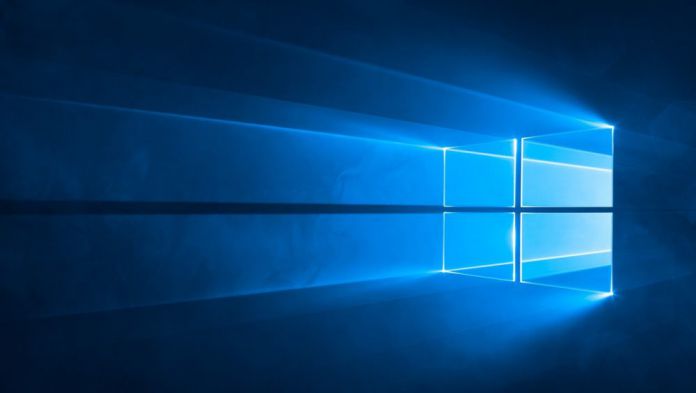On Friday, up to 32 TB of private Microsoft information was uploaded to Beta Archive, in what The Register claims is bigger than the 2004 leak of Windows 2000 code. However, closer examination seems to suggest its more minor.
Though the Windows 10 leaks did indeed contain 32 TB, The Verge claims much of it has been around for years. Taking that into account, the real number sits at 1.2 GB. Of course, the significance of the leak all depends on what’s contained in those files, and experts have been working to verify this.
A Microsoft spokesperson has now confirmed, “these files are actually a portion of the source code from the Shared Source Initiative and is used by OEMs and partners.”
The Shared Source Initiative contains files mostly related to Wi-Fi, USB, and storage drivers, and well as other snippets to help production. It’s far from a groundbreaking leak then, as March-dated files have been available to partners for some time.
As Tech Radar points out, though, this could act as more fuel for malware creators. Even the most minor source code leaks can bring light to security holes that can be turned into exploits.
Beta Archive has since removed the files from its servers of its own volition. It states, “The folder itself was 1.2GB in size, contained 12 releases each being 100MB. This is far from the claimed ’32TB’as stated in The Register’s article, and cannot possibly cover ‘core source code’ as it would be simply too small, not to mention it is against our rules to store such data.”
Link to UK Arrests?
Despite the misinformation, it is still embarrassing for Microsoft. The leak also contained the company’s Windows 10 Mobile Adaption Kit, as well as ARM versions of Windows 10. It’s likely they will try to track the leaker down, as it has taken a hard stance in the past.
However, some publications suggest that they may have caught the responsible parties already. On Friday, two British men were arrested for trying to infiltrate Microsoft servers and steal customer information.
It’s since been confirmed by The Verge that at least one of these is a donator to the Beta Archive site, and is known for collecting confidential Windows 10 builds. So far, though, there’s no solid evidence to suggest either is behind this release.
Microsoft claimed then that “no customer data was accessed, and we’re confident in the integrity of our software and systems.”
Beta Archive has since said “we don’t believe there is any connection with this alleged ‘Windows 10 core source code leak’.





